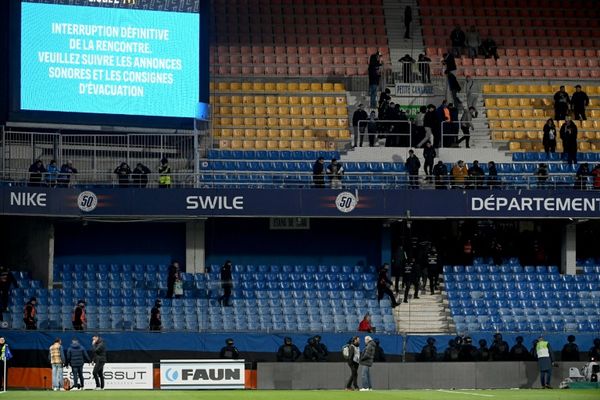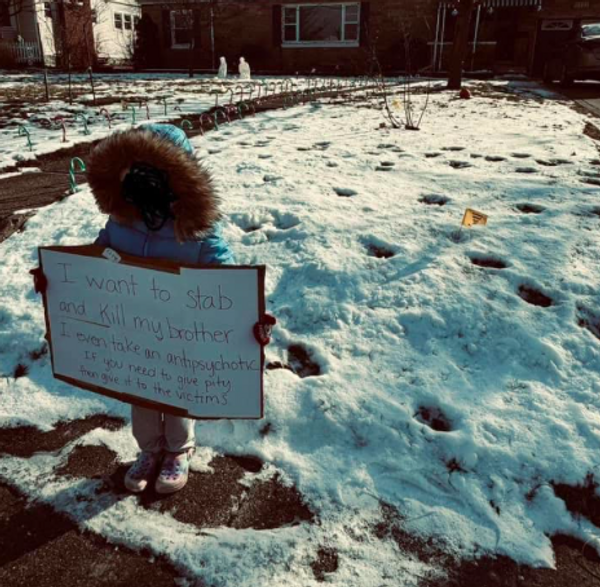
Joe Biden has revived diplomatic efforts to achieve a truce in Gaza with the hope of building on momentum generated by the newly agreed ceasefire in Lebanon.
There are doubts, however, that such momentum exists outside the Biden administration, which is anxious to use its last few weeks to salvage scraps of diplomatic honour after the bloody past 14 months in the Middle East.
The national security adviser Jake Sullivan said on Wednesday that the president had ordered his envoys to contact Turkey, Qatar, Egypt “and other actors in the region” to restart regional talks on Gaza, 18 days after Qatar publicly withdrew from its mediating role on the grounds that neither Israel nor Hamas were serious about reaching an agreement.
There is no evidence that either side has changed their positions as a result of the Lebanon deal. On the contrary, the ceasefire in Lebanon arguably makes it less likely that an agreement can be struck in Gaza – where the estimated death toll has now passed 44,000 – for domestic political reasons in Israel. The hard right hawks who resisted a truce on the northern border are likely to double down on their insistence of “total victory” in Gaza.
On Tuesday, an Israeli airstrike killed at least 13 Palestinians and wounded dozens among families who had been sheltering in a school in Gaza City, and seven more were killed by the bombing of a nearby house in the same district. For now, Gaza’s agony seems doomed to continue.
Hamas said on Wednesday it was ready for a deal based on terms previously agreed, which it listed as an Israeli withdrawal, the return of displaced people to northern Gaza and an exchange of Palestinian detainees for Hamas-held Israeli hostages.
Benjamin Netanyahu has previously blocked progress towards a hostages-for-peace deal with his insistence that Israeli forces maintain control over the “Philadelphi Corridor”, a buffer zone inside the Gaza-Egyptian border. The Israel Defense Forces (IDF) meanwhile appear focused on emptying northern Gaza of its Palestinian population, amid growing suspicions that Netanyahu’s hard-right government intends to occupy the territory permanently.
The Israeli finance minister, Bezalel Smotrich, said earlier this week that Israel should occupy the Gaza Strip and halve its Palestinian population through the “encouragement of voluntary emigration”.
“We can and must conquer the Gaza Strip. We should not be afraid of that word,” Smotrich said at an event on Monday night. At about the same time, the agriculture minister, Avi Dichter, was telling a group of foreign correspondents that the coalition remained focused on a “decisive victory” in Gaza.
“Are we at the beginning of the end? Definitely not. We still have a lot to do,” Dichter said, according to Reuters.
That is the key difference between a ceasefire in Lebanon and one in Gaza: the Israeli far right represented in the governing coalition has annexationist plans for Gaza, which it does not have in Lebanon. The security minister, Itamar Ben-Gvir, criticised the Lebanese ceasefire, but the right was not prepared to bring down the coalition over it. It has, however, credibly threatened to topple Netanyahu if there is a ceasefire deal with Hamas.
The prime minister has every reason to believe his coalition partners on this. He has promised them “total victory” and having reached a compromise in Lebanon against their wishes, he has even less leeway in Gaza. It would be hard to keep the current coalition together in the face of television pictures of released Palestinian detainees flashing victory signs, or of Mohammed Sinwar (brother of Yahya, the late Hamas leader) emerging from the Gaza rubble celebrating the group’s survival.
For the remaining leadership of Hamas, the ability to demonstrate proof of life, showing that the movement has survived 14 months of a war Hamas started, is a bottom line in any ceasefire talks. They have nothing else to lose.
Netanyahu has, meanwhile, become increasingly reliant on his status as a wartime leader to keep prosecutions on various corruption charges at bay. His legal team has requested a delay in his appearance on the defendant’s stand scheduled for next Monday, on the grounds that he is too busy leading the war effort.
Netanyahu faces charges of bribery, fraud and breach of trust across three separate cases, and needs to stay in office to have the best chance of staying out of jail.
A continuing state of war is his best argument against early elections before this Knesset’s term ends in October 2026, and without a war in Lebanon, he depends even more on continuing war in Gaza. At the same time, the truce in the north frees up soldiers and munitions for use in the already devastated coastal strip.
There are two developments on the horizon that could break this remorseless logic. One is the prospect of a bigger war. The first justification Netanyahu presented for the Lebanon ceasefire was “to focus on the Iranian threat”, but he refused to clarify what that meant.
Netanyahu has made clear over his many years in office that he sees Iran’s nuclear programme as an existential threat to Israel, and he wants his legacy to be that of the leader who neutralised this threat. That would spark a conflict that would obviate the need for the Gaza war to provide his martial credentials and his alibi for skipping court dates.
The second critical development is the looming restoration of Donald Trump, who has made it clear to Netanyahu that he wants the fighting to be over by the time he returns to the Oval Office on 20 January. That demand puts Netanyahu in a potential dilemma, forced to choose between his most important patron on the world stage and his coalition partners.
It is a dilemma that Netanyahu will try to escape in the weeks to come. One way out for him could be to step up the merciless barrage on Gaza to appease the far right, so that the peace he offers Trump is the silence of the cemetery.







